As part of Jubilee Media’s online series Surrounded, Mehdi Hasan sat at a table in the center of a circle of chairs to debate 20 "far-right" young people as the only progressive in the bunch.
For those unfamiliar with the Surrounded format, the central figure presents claims related to the topic of discussion. In Hasan's debate, the topic was supposed to be focused on democracy and the Constitution.
Surrounding individuals wish to debate a specific claim the central figure makes, volunteer to take a seat opposite them, with the first to reach the chair typically getting to debate that point. The others raise red flags when they think the debate is over or has gone off the rails.
However Hasan's opposition faced some difficulties staying on topic while trying to give their openly fascist, racist, Christian nationalist, and White nationalist rhetoric screen time.
As stated on Hasan's Team Zeteo Substack:
"In most of the debates you’ve seen Mehdi participate in, the numbers are even on both sides, the discussion is, more often than not, civil(ish), and the arguments tend to be (mostly) grounded in reality."
"This is not one of those debates."
The site added that "far-right conservatives" was:
"...perhaps a generous and polite description of their actual political leanings, as you will quickly find out, with one proudly identifying as a fascist, and many of them making openly racist and reactionary remarks."
"Each of the far-right conservatives took turns attempting to challenge a set of claims made by Mehdi, and one after another, they simply refused to engage in the logic of his arguments. Instead, they responded to facts about Trump’s extremism with extremism of their own, including calling for Mehdi to 'get the hell out' of the US and telling him he’s 'not an American.'"
"Throughout this episode, you will hear conservatives say that white people in the US are the real 'Native Americans,' that Nazis may not have been that bad, and that 'white genocide' is real."
One highlight—lowlight?—involved a young woman answering Hasan's claim that "Immigrants, overall, are good for America."
Hasan stated:
"My next claim is that immigrants, overall, are good for America."
After shaking hands and exchanging pleasantries, the young woman, Daniella, who was first to the seat, asked:
"Um, so in regards to your claim, I just want to start by asking this. Do you care more about helping Americans or immigrants in this claim?"
Hasan responded:
"Immigrants are Americans. I'm an immigrant and an American."
Daniella responded:
"Well, immigrants are not Americans. Americans are the people that were born here."
Hasan:
"That's not true. Where'd you get––what's the basis of your claim for that?"
Daniella:
"Are you talking about people that get naturalized in the process of becoming American?"
Hasan:
"14th amendment. Have you read it?"
Daniella:
"Okay. Yes, I have."
Hasan:
"Citizenship clause. It says any persons born or naturalized in the United States are citizens of the United States."
Daniella:
"I'm aware of that."
Hasan:
"There's about 40 to 50 million naturalized Americans in this country."
After some back and forth, Daniella presented her "immigrants bad" argument based on a lack of jobs, saying:
"So, but are you understanding that the process of, um, getting all these immigrants that come in here for we've been also the millions of immigrants. It's up to the millions. Is the last 20 years now and it has dramatically affected Americans here in the country."
Hasan interjected:
"Positively, I would argue."
Undeterred, Daniella continued:
"People like me and everyone around here we cannot find homes or even get jobs within our own fields that we go to college for that we get into debt for um and because um more blue collar work especially in construction, agriculture and so forth and the hospitality industry we cannot get jobs in those fields so it requires––"
Hasan asked:
"Are you looking for a job in construction?"
Not picking up on the ridiculousness of complaining about not being able to get jobs that her "real Americans" even want, she added:
"No, I went to college many people here are in college or went to college or we can't even find jobs in our fields also because of the H1B visa program as well. But in regards of just your claim about immigrants specifically, we cannot even get jobs to pay for housing."
Hasan rebutted, saying:
"Unemployment is at a record low right now, even under Donald Trump, and I'm not a Donald Trump fan, but I would say unemployment under both Biden and Trump has been at record low levels."
Daniella:
"Okay. Is this in regards for American citizens?"
After Hasan confirmed it was, she continued digging, saying:
"Okay. Okay. Um well, I'm unaware of that statistic, but from what I see, uh, from––"
Hasan interrupted to say:
"I'm an immigrant and an American, and I employ many American citizens, both naturalized and the ones born here."
Then Daniella revealed:
"My parents came as immigrants to become naturalized. So I'm not necessarily opposed to immigrants."
Hasan asked:
"So you're the child of immigrants."
Daniella:
"Correct. I'm a child of immigrants. I was born here."
Hasan:
"But you don't accept that immigrants are Americans."
Daniella:
"Not at this moment."
Hasan:
"So your parents are not Americans."
Daniella:
"They became naturalized."
Hasan:
"You just said you can't be citizens by being naturalized."
Daniella:
"No, I was born here. And I'm not opposed to naturalization."
Speaking over each other, the young woman reiterated:
"No, I never said I was against naturalization."
A point she's still trying to claim.
Looking around the circle at the raised red flags, Hasan countered:
"You began–– Everyone was here. They can they can play it back on YouTube. You said Americans or immigrants. Are your parents Americans or immigrants?"
She replied:
"No, my parents are United States citizens."
Hasan asked again:
"But they are immigrants."
To which she replied:
"No. They came here as immigrants."
Hasan went on to provide her some statistics of immigrant economic contributions to the United States.
Perhaps she would have benefited from taking the citizenship test required when her parents became naturalized.
Then she might know what she was talking about.





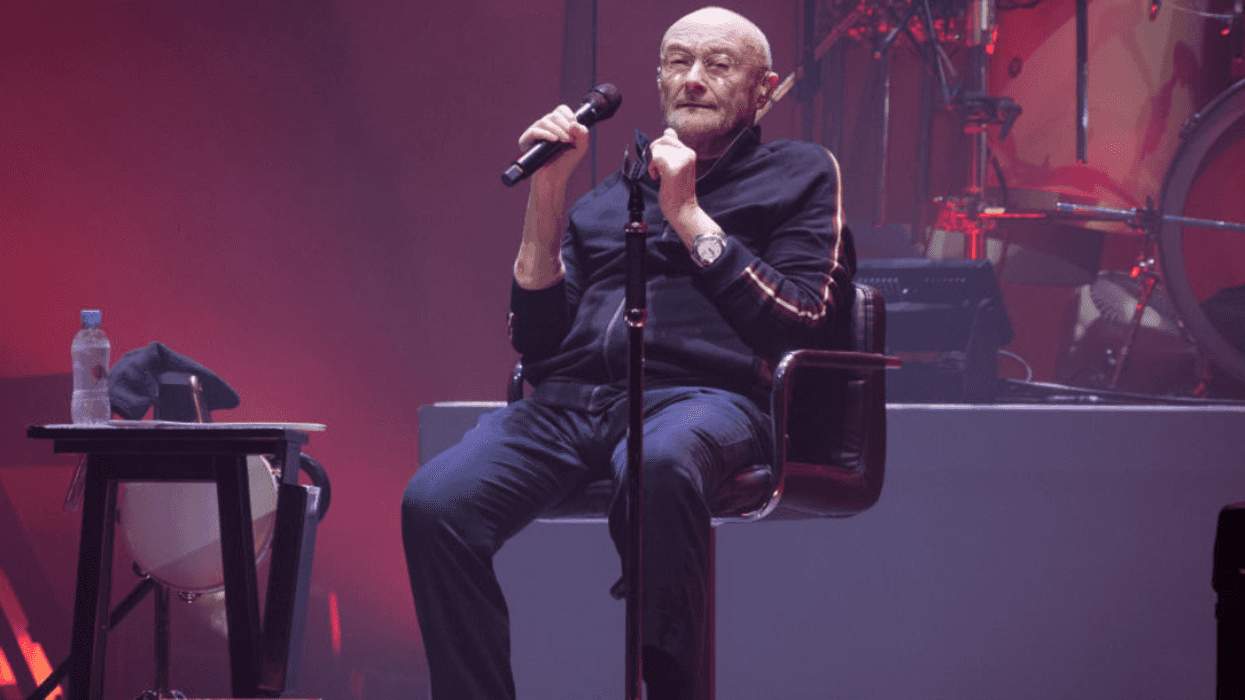
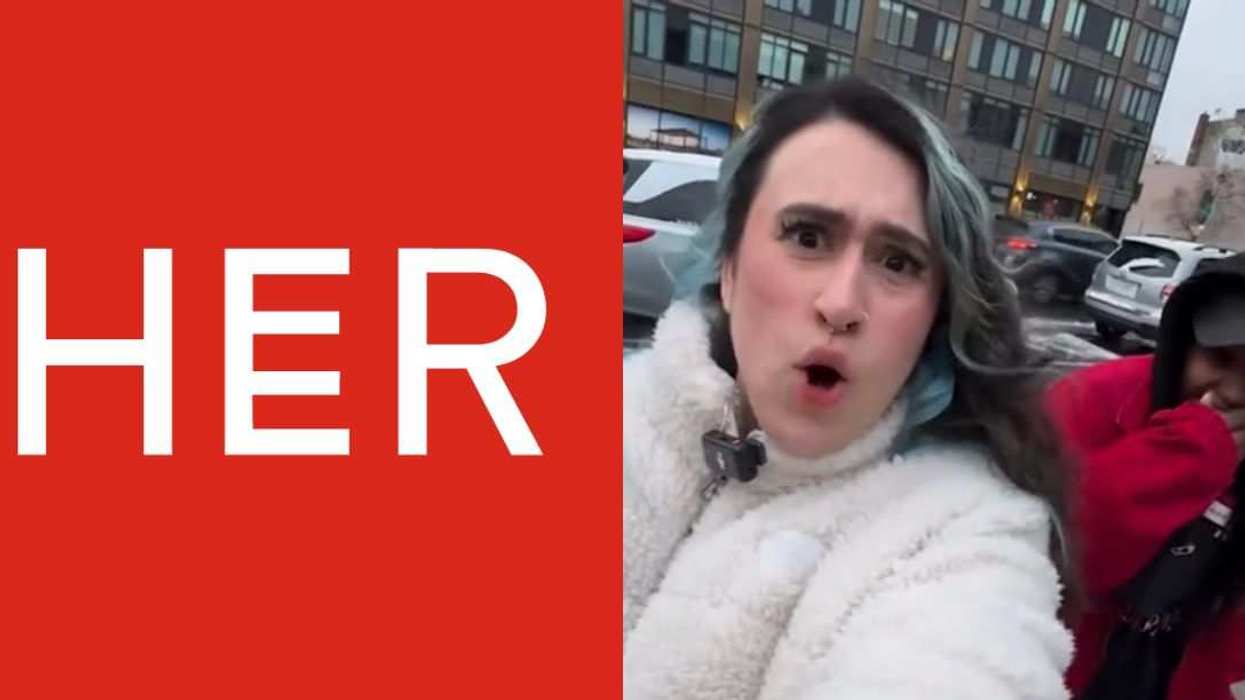

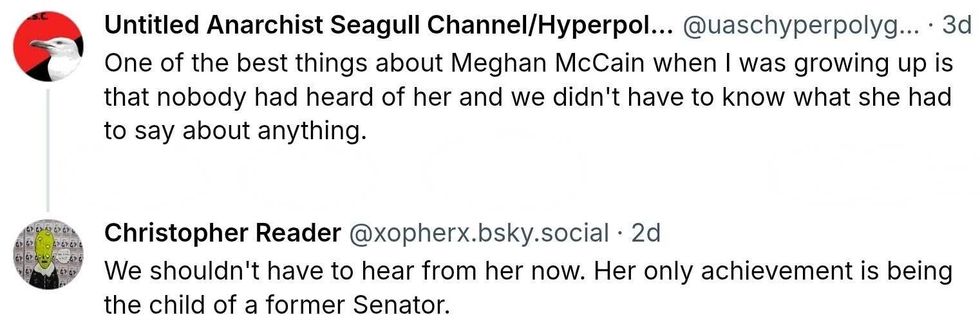 @uaschyperpolyglot; @xopherx/Bluesky
@uaschyperpolyglot; @xopherx/Bluesky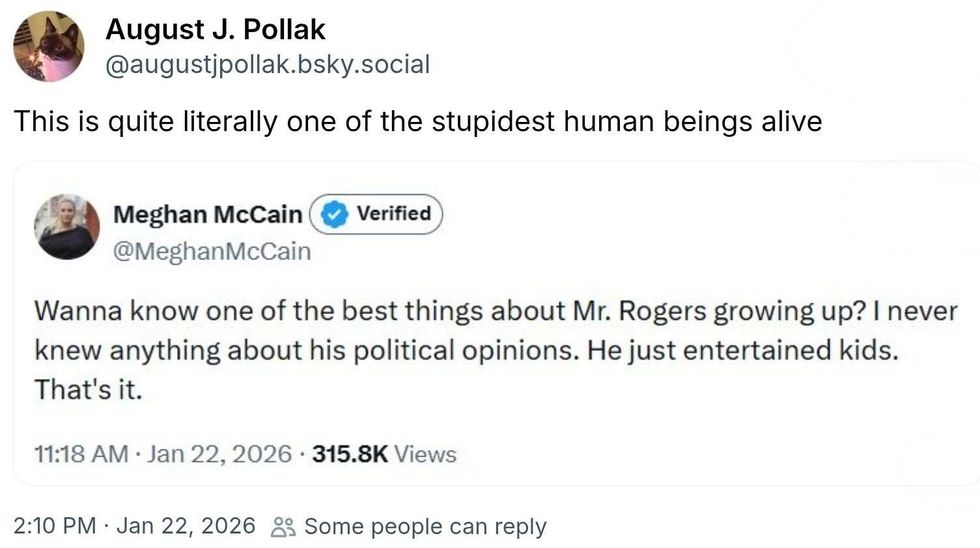 @augustjpollak/Bluesky
@augustjpollak/Bluesky @augustjpollak/Bluesky
@augustjpollak/Bluesky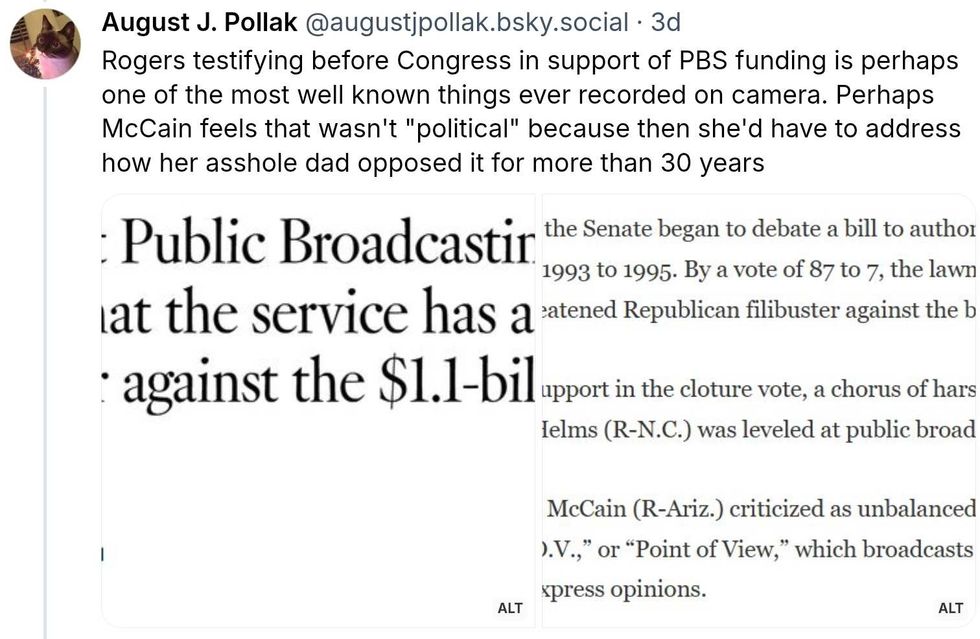 @augustjpollak/Bluesky
@augustjpollak/Bluesky @owill8s/Bluesky
@owill8s/Bluesky @sethcotlar/Bluesky
@sethcotlar/Bluesky @zoesamuel/Bluesky
@zoesamuel/Bluesky  @clggmf/Bluesky
@clggmf/Bluesky
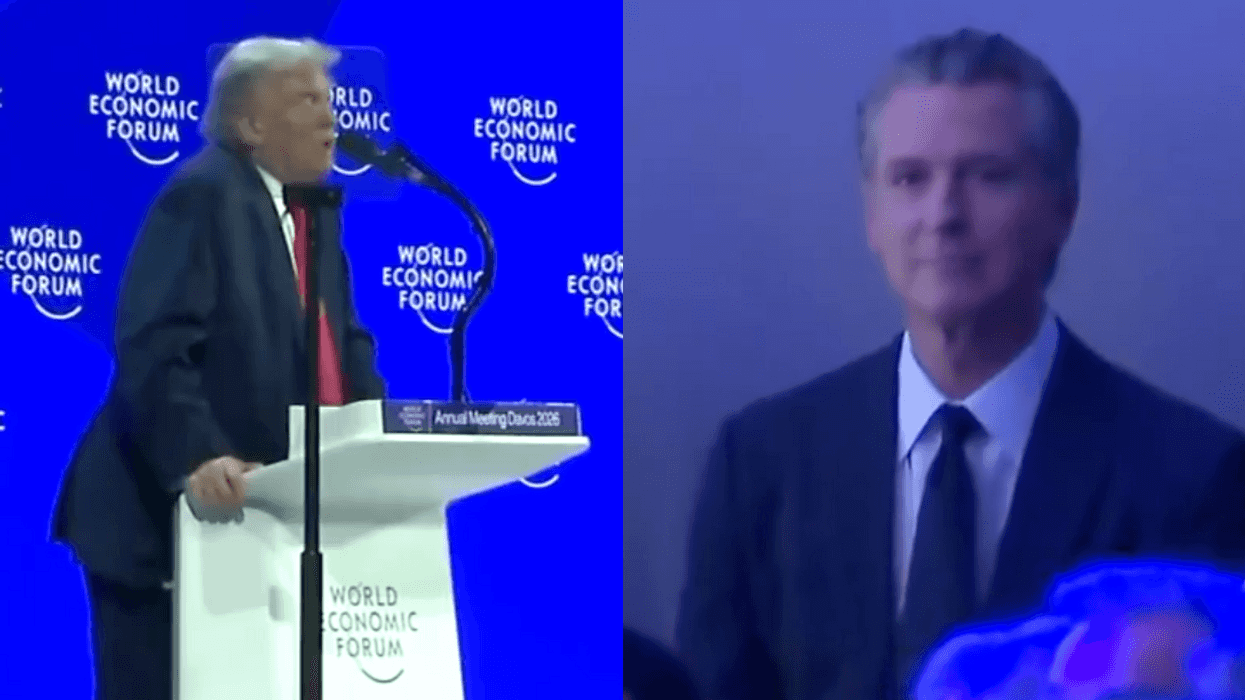

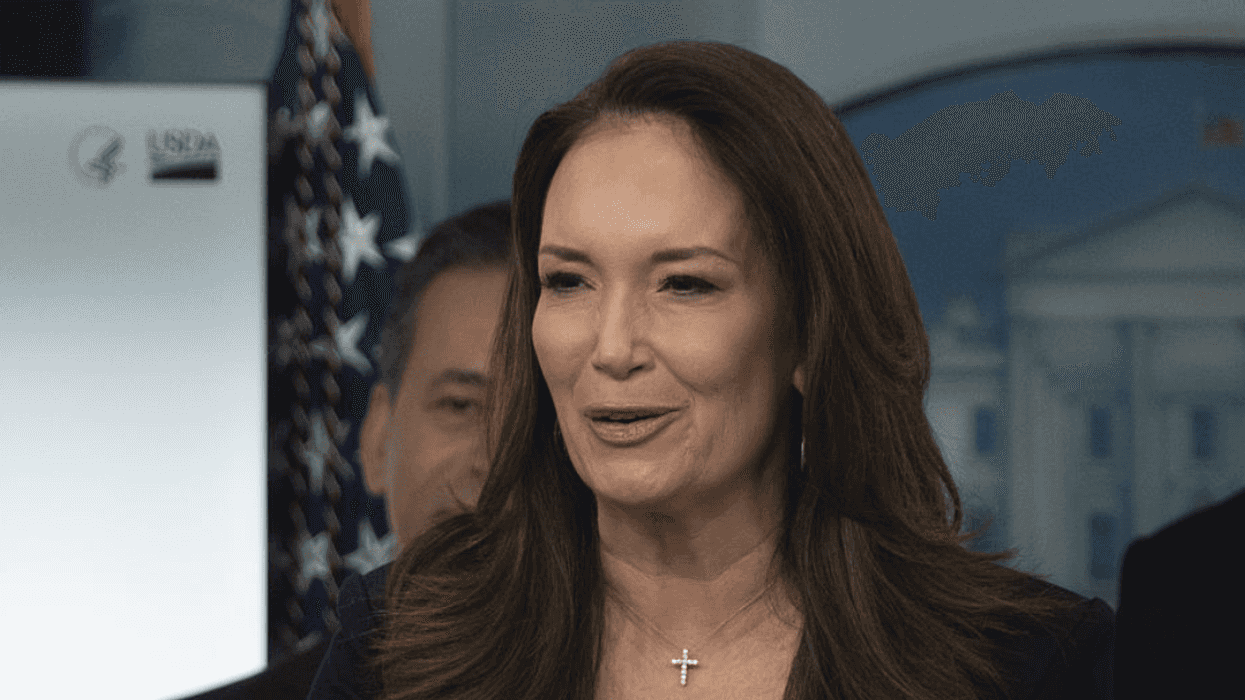



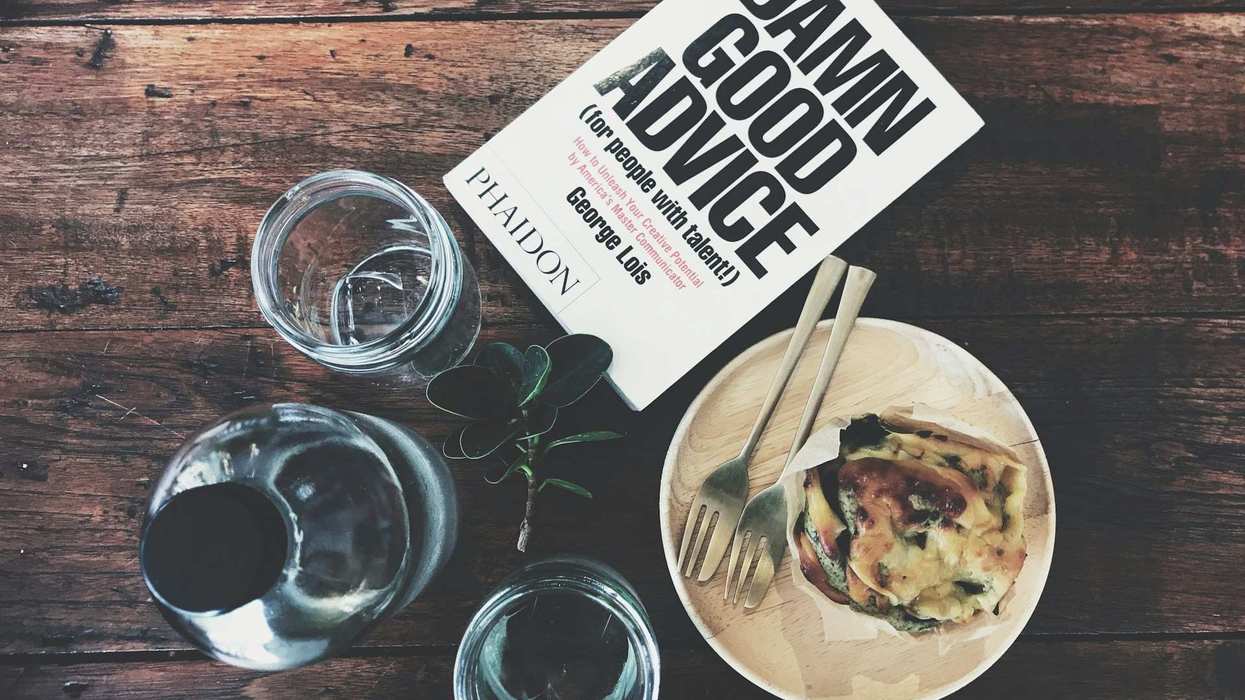
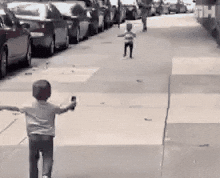 Friends Hug GIF by MOODMAN
Friends Hug GIF by MOODMAN  Body Wiggle GIF
Body Wiggle GIF  Aging Jamie Lee Curtis GIF
Aging Jamie Lee Curtis GIF  Serious
Serious 